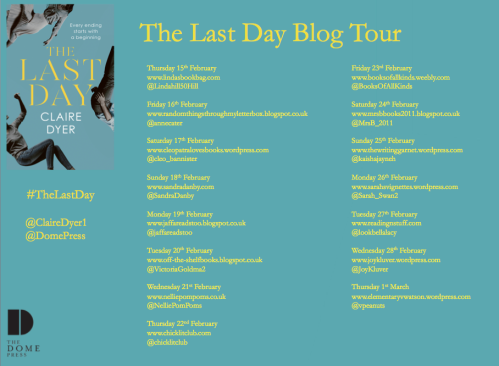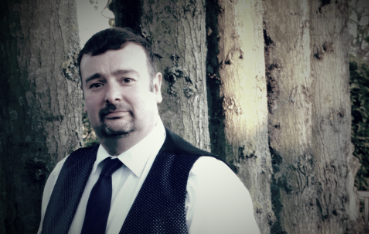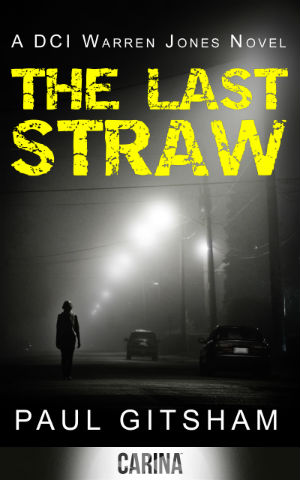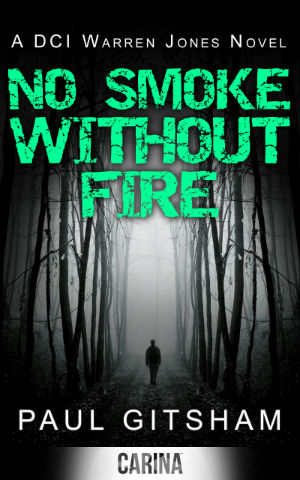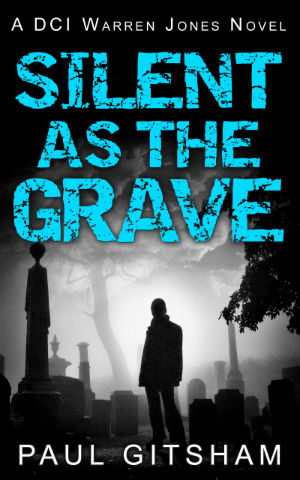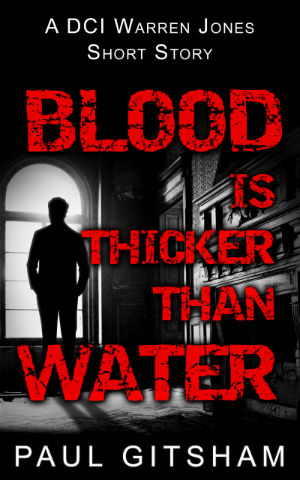I am thoroughly delighted to welcome Penny Blackburn to review her 2018 today.
I first met Penny several years ago when she visited one of my writing groups at Di Meo’s to conduct my final teaching observation. Since then, Penny has begun writing herself; she won first place in last year’s Story Tyne competition and was also on the bill at the latest Noir at the Bar in Newcastle.
My thanks to Penny for taking the time to chat 2018.
Vic x
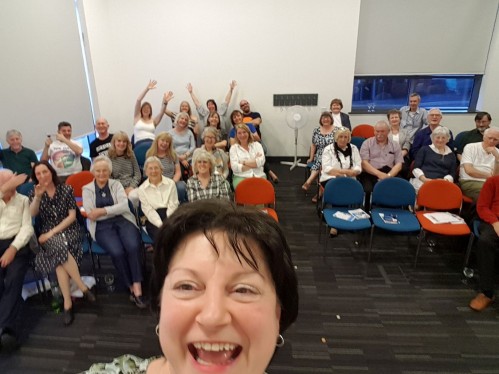
Do you have a favourite memory professionally from 2018?
2018 has been a huge year for me in terms of confidence with my writing. I’ve submitted poetry for competitions and publications and I’ve been so pleased to have some acceptances throughout the year – including 2 poems published in print anthologies, which feels extra special.
It was a massive boost to see my 100-word story printed in the Reader’s Digest – not to mention getting £250 as runner-up!
I’ve also been performing live whenever I’ve had the chance, with both poetry and short stories. I get such a buzz from doing that! It was good fun being a guest on Koast Radio and I laughed when my mum told me that her and my dad were huddled in a shop doorway back in Yorkshire listening to the interview!
Best of all though, I was thrilled to write and read a poem for my niece’s wedding service, which was quite an emotional moment.
And how about a favourite moment from 2018 generally?
I’m such a lucky person, I have so many lovely memories of the year. I’ve been away on some fab trips with lovely people, had some great days (and nights!) close to home too. It’s hard to pick just one! Though, meeting the legendary Dickie Bird at the test match at Headingly and finding him to be a true gent was a special moment (celebrated, of course, with a pork pie and a pint!)

Favourite book in 2018?
I read The Rings of Saturn as part of an online Twitter reading group. I don’t think I understood half the references but there was something spellbinding about it. It has a feel of non-fiction, telling the thoughts of an unnamed narrator travelling around Suffolk and it goes off into all sorts of tangents. I found it very atmospheric and it’s definitely one to go back to.
Another favourite – proper non-fiction this time – was The Strange Last Voyage of Donald Crowhurst. He set off in the late sixties as part of a round the world solo sailing challenge, but ended up creating a completely false record while he idled about in the Southern Atlantic, nowhere near where he was supposed to be! He either committed suicide or fell off the boat, the authors of the book strongly seem to think the former. A very sad tale, really, and I felt deeply sorry for his wife and children.
Favourite film in 2018?
I’m not really one for watching films, I don’t think I can recall one I’ve seen this year! Oh wait, I watched the film about the ice skater Tonya Harding on the plane to Boston. A good film, not at all what I was expecting.
Favourite song of the year?
I love all kinds of music and I like it loud! I’m in the Can’t Sing Choir and my favourite one to sing has been Eternal Flame by the Bangles. It’s not a song I was particularly struck on until we sang it and I was surprised by how much I like it!
Any downsides for you in 2018?
I had a bit of a rocky time at work (I teach in FE) in the first half of the year. But luckily everything has been resolved and I feel more stable. I also channelled some of my anxiety into poetry, so there’s always an up side!
Are you making resolutions for 2019?
Last year I read an article which said you should aim for 100 rejections in a year. It was such good advice, because it has made me more likely to submit stuff and it helps me to take the rejections gracefully. I’m not sure if I’m going to make it as I’m only up to about 70, so I think I’ll aim for the 100 again next year!
What are you hoping for from 2019?
I’m hoping to win the Poetry Society National Comp of course! Ha ha.
No, I’m actually hoping that 2019 will be the year I publish a solo pamphlet or small collection. I will then be pestering everybody to buy it …
Final Comment from Penny:
I’d like to say how much I appreciate the writing community that I’m part of. Cullerpoets and North Tyneside Writers’ Circle have both been great in providing support, encouragement and prompts and everyone I’ve come across at workshops or events has been really helpful and positive. There’s a really strong online community as well, and I feel genuinely thankful that I’m writing in an age where we can all connect so easily. Sharing experiences and seeing others having ups and downs puts things in perspective and keeps me motivated. I hope as well that I give some of that encouragement back to others, it’s truly so important xx



